Wartime Russia
The war invites us to favor more granular and grassroots approaches for a thicker conceptual knowledge of Russia and its society.
ABOUT
Wartime Russia
This project aims to delve deep into Russian society to understand the sociological, psychological, and cultural mechanisms that generate support for the regime’s endeavors, as well as the niches from which resistance emerges.
To this end, we point the cursor to more local, provincial, and grassroots movements, behaviors, and mindsets to capture the segments of the Russian population that typically fly under the radar of mainstream Western scholarship to decipher the Russian population’s “defensive consolidation” as framed by Jeremy Morris, as well as civil society’s resilience.
WHAT WE DO
Read our latest publications
Subcribe to our newsletter
You will be receiving bi-weekly newsletter with the most relevant Russia-related research news

